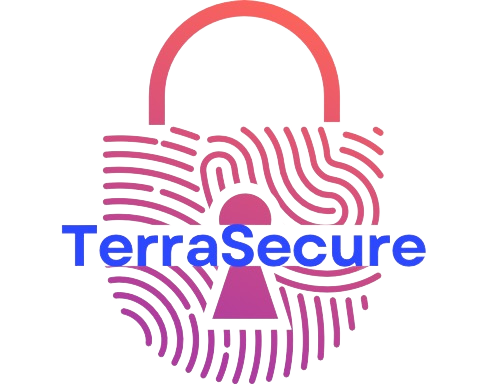As a security engineer and compliance officer, navigating the intricate landscape of HIPAA (Health Insurance Portability and Accountability Act) compliance is not just a task but a responsibility that demands diligence, expertise, and constant adaptation. In this blog post, we delve into the critical aspects of HIPAA from our unique vantage point, shedding light on its importance, challenges, and strategies for success.
Understanding the Significance of HIPAA
HIPAA stands as a cornerstone of healthcare data protection, aiming to safeguard sensitive patient information from unauthorized access, breaches, and misuse. At its core, HIPAA ensures the confidentiality, integrity, and availability of electronic protected health information (ePHI), fostering trust between patients and healthcare providers.
Navigating the Complex Regulatory Landscape
Compliance with HIPAA is not a one-size-fits-all endeavor; it’s a nuanced journey that demands a deep understanding of regulatory requirements, technological advancements, and industry best practices. As security engineers and compliance officers, our role is multifaceted:
Implementing Robust Security Measures
From encryption protocols to access controls, we work tirelessly to fortify healthcare systems against evolving cyber threats. Deploying firewalls, intrusion detection systems, and encryption algorithms are just a few layers of defense in our arsenal, aimed at thwarting potential breaches and ensuring the confidentiality of patient data.
Conducting Comprehensive Risk Assessments
Identifying and mitigating risks is paramount in HIPAA compliance. Through thorough risk assessments, we pinpoint vulnerabilities in systems, processes, and infrastructure, enabling proactive interventions to mitigate potential threats before they escalate into security incidents.
Facilitating Ongoing Training and Education
HIPAA compliance is a collaborative effort that extends beyond the IT department. We empower healthcare staff with the knowledge and skills necessary to uphold compliance standards through comprehensive training programs. From understanding data handling protocols to recognizing phishing attempts, education is key in fostering a culture of compliance.
Challenges on the Horizon
Despite our best efforts, navigating HIPAA compliance is not without its challenges. The rapid pace of technological innovation, coupled with the evolving threat landscape, poses ongoing challenges for security engineers and compliance officers alike. From cloud computing to mobile health applications, emerging technologies introduce new complexities that require proactive adaptation and robust security measures.
Moreover, the human element remains a significant vulnerability in the healthcare ecosystem. Insider threats, human error, and negligent practices can inadvertently compromise the integrity of patient data, underscoring the importance of ongoing education, awareness, and vigilance among healthcare personnel.
Strategies for Success
In the face of these challenges, proactive strategies are essential for achieving and maintaining HIPAA compliance:
Embrace a Culture of Compliance
Compliance is not a checkbox; it’s a mindset that permeates every aspect of an organization. By fostering a culture of compliance from the top down, healthcare providers can instill a collective commitment to safeguarding patient data and upholding HIPAA standards.
Leverage Technology Wisely
Technology is both a boon and a challenge in the realm of healthcare data security. By leveraging advanced encryption, authentication, and monitoring tools, organizations can strengthen their defense mechanisms while ensuring the seamless flow of information across systems.
Stay Abreast of Regulatory Changes
HIPAA is not static; it evolves in response to emerging threats, technological advancements, and legislative changes. As such, staying informed about regulatory updates and industry trends is paramount for adapting compliance strategies accordingly.
Conclusion
In conclusion, navigating HIPAA compliance requires a multifaceted approach that integrates technical expertise, regulatory acumen, and a steadfast commitment to safeguarding patient data. As security engineers and compliance officers, our role is not merely to uphold standards but to champion a culture of accountability, integrity, and trust in the healthcare ecosystem. By embracing proactive strategies and leveraging technology wisely, we can navigate the complexities of HIPAA compliance with confidence and resilience, ensuring the confidentiality, integrity, and availability of patient information for generations to come.
